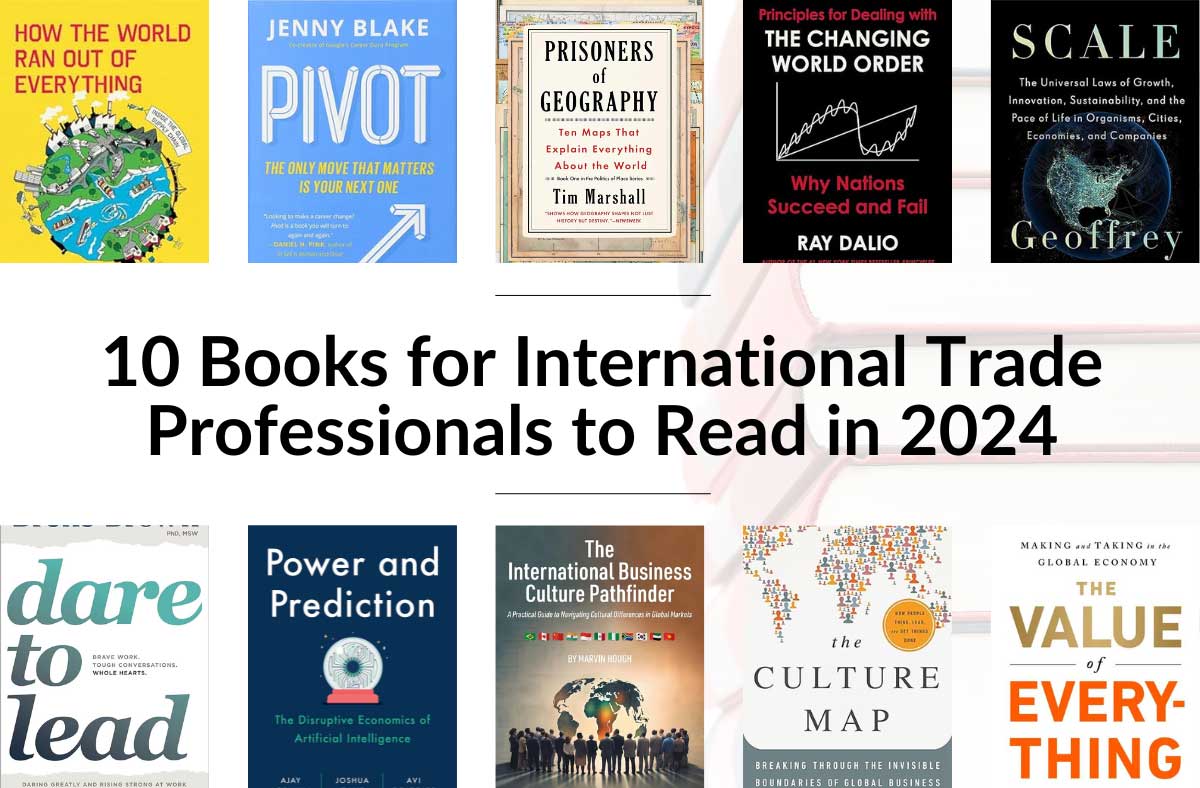 A Canadian executive recently told me that he wanted to export his award-winning furniture to Germany. Since Canadian exports to the EU increased by 40 percent last year, I presumed his company would be able to do so without issue.
A Canadian executive recently told me that he wanted to export his award-winning furniture to Germany. Since Canadian exports to the EU increased by 40 percent last year, I presumed his company would be able to do so without issue.
However, while his furniture was admired at the European trade shows in which he exhibited, he had not been able to make any sales in Germany because he could not find the right agent in that country.
The Canadian Embassy had recommended a very qualified agent in Munich, but the agent eventually sheepishly confessed that he had always had trouble selling in the wealthy northern regions of Germany because his accent easily identified him as originating from the south—a subtle but very real barrier to breaking into that market.
I could not believe that in today’s modern world, such old-fashioned regional prejudices could possibly create barriers to international trade.
But on checking further, I found that a foreign product could in fact be ‘tainted’ in one region if it is represented by someone from another. A southern German agent describing a product to a potential buyer in northern Germany could, for example, ‘colour’ it in a way that would result in an unconsciously negative reaction.
Could local stereotypes and biases be affecting your foreign trade negotiations?
Wondering if this was prevalent in other countries, I posed the question to personal contacts in Italy, the UK, France, Brazil and Argentina, and I discovered a similar situation. At first my respondents would not admit that a local representative’s cultural background could affect the success of a foreign product in their market.
However, they eventually (albeit reluctantly) admitted that the image portrayed by a messenger (in this case a local agent) is still an important component to initial acceptance of a foreign product in their country or region.
For example, someone from Turin will have a hard time doing business in Naples because a Piedmontese accent (plus the ‘known fact’ that northern Italians look down on southern Italians) would immediately affect any discussion about a product, regardless of its origin. Similarly, a Sicilian wanting to do business in Milan would run into unspoken but real social barriers simply because of deep-seated historical and cultural prejudices, thus directly affecting any topic of conversation.
In the UK, although the fruity and upper-class British accents of TV and radio announcers have been neutralized over the years, someone with a hint of a Churchillian accent will produce subconsciously negative reactions in other regions. A strong Yorkshire accent will be labeled incorrectly in London as ‘working class’, and of course, Scottish and Irish accents will evoke equally instant territorial reactions.
These automatic preconceptions will colour whatever the speaker is saying, even if it refers to a product or topic that has nothing to do with the UK.
Therefore, the messenger may affect acceptance of a product he represents unknowingly, simply by opening his mouth.
I found similar regional reactions in France, particularly if one speaks with a Parisian accent in Marseilles or vice versa. In Brazil, people from Rio de Janeiro (Cariocas) are known to be very relaxed, fun-loving individuals, and Paulistas (people from Sao Paulo) are reputed to be tireless workers who run that nation’s economic locomotive. As a result, both groups react critically toward the other.
While these reactions usually manifest in a light-hearted way, they are still based upon preconceived stereotypical generalizations about residents of the opposite state. As a result, the product being discussed will take second place to the first impression that the messenger creates.
The situation is similar in Argentina where anyone with a Buenos Aires accent is immediately labeled a ‘porteño’ (port dweller), and is disliked in the rest of the country (and even in the rest of Spanish-speaking South America).
[Tweet “Local prejudices are prevalent in every country.”]
In Canada, a French-Canadian accent will often raise hackles in an Anglo-Canadian’s mind, and in the US, Texans and Oklahomans know that they may not be taken seriously at first in New York or LA.
These deep-seated and seldom-admitted preconceptions can easily affect the entry of a foreign product into a new market.
Unlike import quotas, foreign exchange fluctuations, official embargoes, customs policies and transportation challenges, which are easily identified, these discriminatory regional-reactions can colour otherwise intelligent discussions about a product’s values, and serve as an invisible barrier to many exporters.
Three ways to tackle the invisible barriers to global business
1. Exporters need to go back to basics. In spite of the world’s love affair with virtual but impersonal methods of communication, exporters need to stop relying on cell phones, tablets, Skype and Face Time and start considering the importance of old-fashioned, face-to-face relationships to overcome regional biases.
For example, appointing an agent in Germany, and then accompanying him on his initial visit to potential clients, will give a “Canadian face” to the Canadian product. The future client will identify the product as Canadian, rather than partly southern or northern German.
If several regular trips to Germany are too costly or time-consuming, perhaps one trip could do the trick. During an exporter’s visit to a target country to choose and appoint an agent, an invitation to potential buyers to attend a group presentation of the product AND the new agent would go a long way toward dispelling any possible regional identity, while creating a real Canadian image.
2. Another approach used by exporters is to work closely with a Canadian Trade Commissioner in the target country to identify and locate an appropriate agent. On his appointment, the exporter would finance the cost of a brief conference at the Canadian Consulate or Embassy. The product would officially be presented and promoted in one of Canada’s official trade offices, and the new agent would be introduced at the same time.
An invitation from the Canadian Consulate or Embassy to local business executives to attend a business event is very difficult to ignore and can also enhance the exporter’s products in the potential buyer’s eyes.
Of course, exporters may worry about the cost of increased travel, particularly at a time of budget cuts. However, the initial investment of a personal visit to a foreign market, ensuring that the Canadian product is seen as purely ‘Canadian’, is well worth the effort.
This approach will not necessarily guarantee easier penetration into a new market, but establishing personal relationships will always trump impersonal electronic messaging. Taking this approach will help launch the new agent while simultaneously dispelling any incorrect image connected to the product.
3. A logical way of recognizing and circumventing possible prejudices about an exported product in a new market is for the exporter to hire staff in Canada that is from the target country. Canada boasts of many immigrants with business experience from a wide range of countries. Having someone on staff who knows the culture, the language and the regional biases of the target market will very often solve some of these subtle barriers to international trade, even before they appear or are recognized.
Let’s discuss some of the other invisible discriminatory attitudes that have coloured your international business experiences. Have these affected your business?








disqus comments